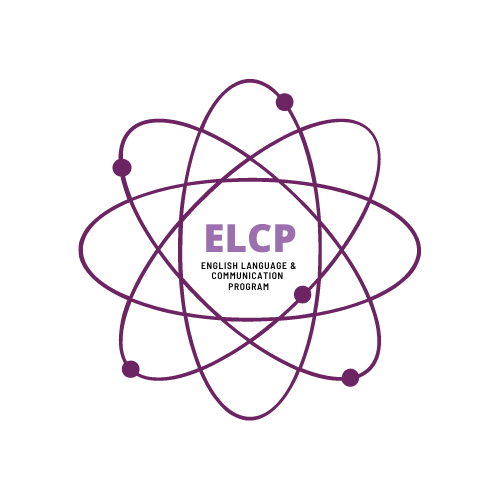English Language and Communication Program
Helping the students of KAUST develop the necessary skills to communicate their ground-breaking science to a global audience
Through our courses, workshops, and one-on-one support, we:
As a unit, we are dedicated to serving the student population, the majority of whom are non-native speakers of English. Students often need our support and additional English language instruction at the start of their academic programs and while writing their theses and dissertations.


21 April, 2022
Example sentence: Every student of genetics learns the two fundamental approaches in the area, i.e., reverse genetics and forward genetics.
2. e.g.
This abbreviation stands for the Latin expression ‘exempli gratia’, which in English means ‘for example’. It is used to give a limited number of examples of something just mentioned.
Example sentence: These products are imported from a great number many countries, e.g., Italy and Germany.
As you can see, these two abbreviations have quite different functions and cannot therefore be used interchangeably.
Please also note the following regarding punctuation:
• Neither abbreviation is italicized.
• Each letter in both abbreviations is followed by periods/full stops.
• Both abbreviations are followed by a comma in American English, but not in British English.
Have a great weekend and see you next week!
The ELCP Team
Bioscience (MS)
“The English language program has helped me in my studies and also in my current moments as I navigate through various professional settings. The program's comprehensive curriculum has equipped me with the necessary language skills to communicate effectively and confidently, both in speaking and in writing. Additionally, the wide range of modules has allowed me to explore various aspects of the English language, improving my understanding and appreciation of language use”.
Energy Resources & Petroleum Eng. (PhD)
"The English for Academic Purposes course equipped me with the writing skills I need to be a successful academic. Also, learning with the ELCP team was interesting and fun.”
Statistics (PhD)
"The course provided by the ELCP team gave me the language tools I needed for my academic studies at KAUST."
Plant Science (PhD)
"The Scientific Posters workshop was very useful and relevant to my studies. I learned a lot about what to include in a scientific poster, and I look forward to designing my first poster."
Marine Science (PhD)
"The ELCP Scientific Research Writing course was very practical as it takes you through a paper step by step. Also, the teachers are very patient and professional. I would recommend any course offered by the ELCP to all students."
Mechanical Engineering (MS/PhD)
"The ELCP writing support service is excellent; the coach communicated clearly and helped me understand my mistakes. With this help I have become a better scientific writer."
Marine Science (MS)
"I very much enjoyed the Scientific Research Writing course and look forward to more ELCP courses in future."
Electrical & Computer Engineering (PhD)
"The ELCP Pronunciation course is a must; during the sessions you will gain practical skills that can be effectively utilized in real life."
Mechanical Engineering (PhD)
"The ELCP Scientific Research Writing course helped me greatly to improve my academic writing skills. I strongly recommend it to every student here at KAUST."
Marine Science (PhD)
"I enjoyed the Scientific Research Writing course and found it very useful in planning and writing a scientific paper. The instructors are really helpful and supportive, and it was a pleasure to be in the class. I am grateful to have this kind of learning opportunity at KAUST."
Mechanical Engineering (MS)
"The English for Academic Purposes course was my favorite one this semester, and I had so much fun learning English. The instructors were really knowledgeable, professional and supportive."
Chemical Science (MS)
"I was apprehensive about devoting so much time and effort to the English for Academic Purposes course, but actually it turned out to be one of the most enjoyable courses I have taken here at KAUST."